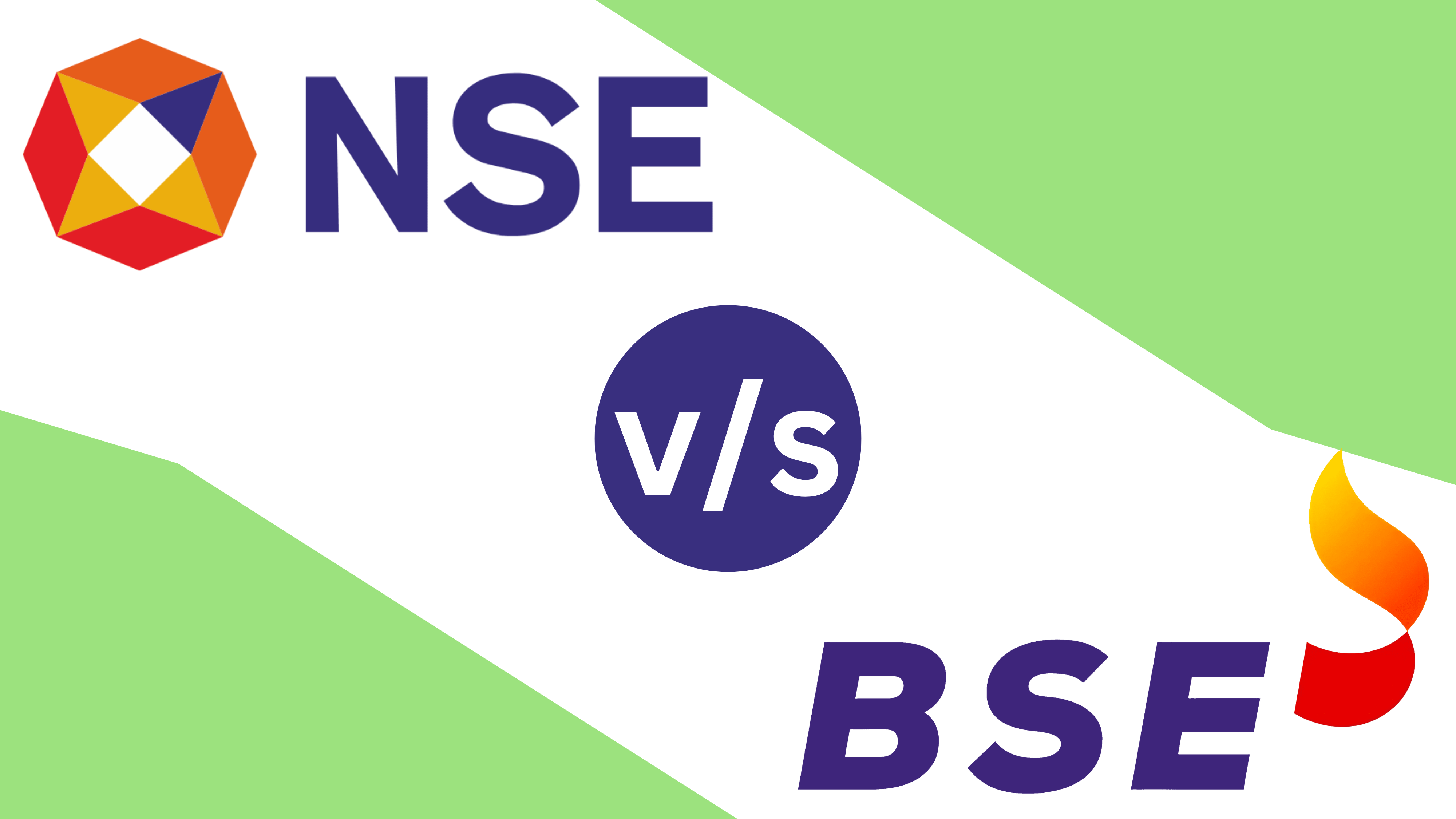Stock Market Basics
Investing in the stock market can be one of the most rewarding ways to grow wealth, but for beginners, it can seem complex and overwhelming. If you’re new to investing in India, understanding stock market basics is the first step to making informed financial decisions. This guide will walk you through the fundamentals of stock market investing in India, ensuring you start your investment journey with confidence.
What is the Stock Market?
The stock market is a platform where investors buy and sell shares of publicly traded companies. It functions through exchanges like the Bombay Stock Exchange (BSE) and National Stock Exchange (NSE). By investing in stocks, you essentially become a part-owner of a company and have the potential to earn profits as the company grows.
Key Components of the Stock Market in India
- Stock Exchanges – The primary platforms where stocks are bought and sold (e.g., NSE & BSE).
- SEBI (Securities and Exchange Board of India) – The regulatory body that ensures transparency and protects investors.
- Indices – Market indicators like the Sensex (BSE) and Nifty 50 (NSE) that track the performance of top companies.
Why Should You Invest in the Stock Market?
Investing in the stock market provides several advantages:
- Wealth Creation – Over time, stocks have the potential to offer higher returns than traditional investments like fixed deposits.
- Beat Inflation – Stock investments help in outpacing inflation, preserving your purchasing power.
- Passive Income – Many stocks pay dividends, providing investors with a steady income.
- Ownership in Companies – Buying shares makes you a part-owner of a business, benefiting from its growth.
How to Get Started with Stock Market Investing in India
Stock Market Basics
1. Open a Demat and Trading Account
To buy and sell stocks, you need:
- Demat Account – Holds your shares electronically.
- Trading Account – Allows you to place buy and sell orders.
You can open these accounts with a SEBI-registered broker like Zerodha, Upstox, or ICICI Direct.
2. Understand Different Investment Options
- Stocks (Equities) – Direct ownership in a company.
- Mutual Funds – Professionally managed investment pools.
- Exchange-Traded Funds (ETFs) – A mix of stocks traded like a share.
- Bonds – Debt instruments offering fixed returns.
3. Research and Choose Stocks Wisely
- Look at company fundamentals (profits, management, growth potential).
- Analyze market trends using technical and fundamental analysis.
- Diversify your portfolio to reduce risk.
4. Start Small and Invest Regularly
Instead of making a lump sum investment, follow a Systematic Investment Plan (SIP) or invest gradually to minimize risks.
Important Tips for Stock Market Beginners
1. Avoid Emotional Investing
Stock prices fluctuate daily. Stay patient and avoid making impulsive decisions based on short-term market movements.
2. Focus on Long-Term Growth
Investing is a marathon, not a sprint. Historical data shows that long-term investors often reap better rewards.
3. Learn and Stay Updated
Follow market news, attend investment webinars, and read books like The Intelligent Investor by Benjamin Graham.
4. Risk Management is Key
Never invest money that you can’t afford to lose. Set stop-loss limits to protect your capital.
Common Mistakes to Avoid
🚫 Investing without research
🚫 Following stock tips blindly
🚫 Ignoring diversification
🚫 Trying to time the market
By avoiding these mistakes and staying disciplined, you can build a profitable investment portfolio over time.
Conclusion
Stock market investing in India is an exciting opportunity to build wealth, but it requires knowledge, patience, and discipline. By understanding the basics, setting clear financial goals, and continuously learning, you can navigate the stock market with confidence. Whether you start with individual stocks or mutual funds, the key is to begin investing early and stay consistent.
💡 Ready to take the first step? Open a Demat account today and start your investment journey! 🚀
Would you like a more detailed guide on specific topics like mutual funds, technical analysis, or IPO investments? Let me know! 😊
Also Read
NSE vs BSE: Which One Should You Trade On?

